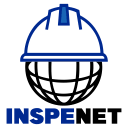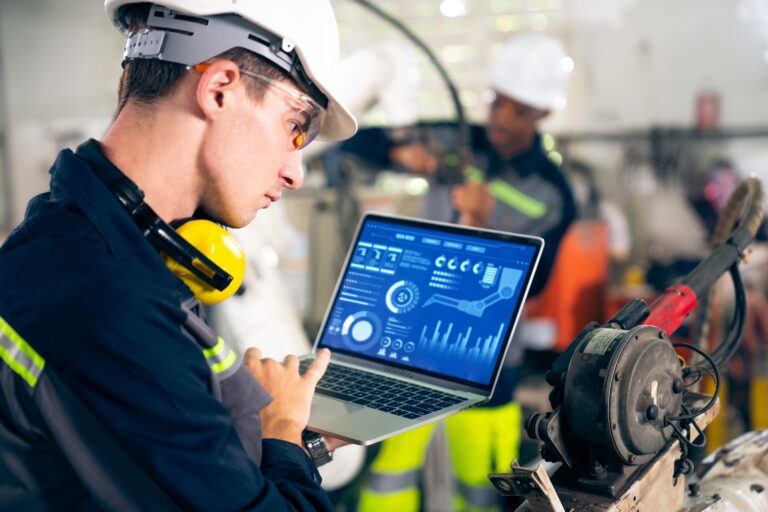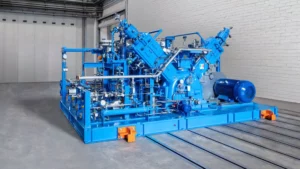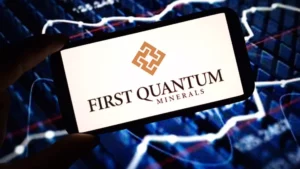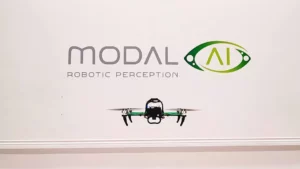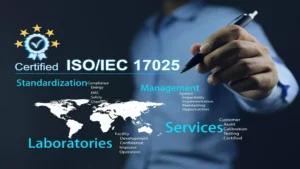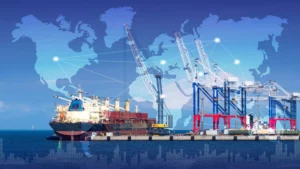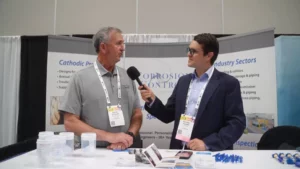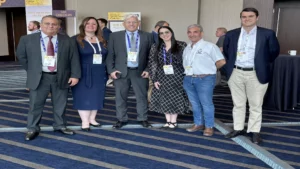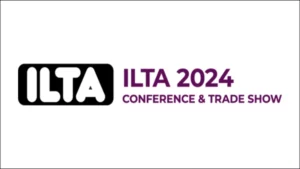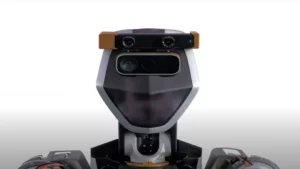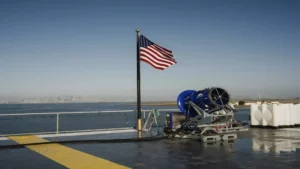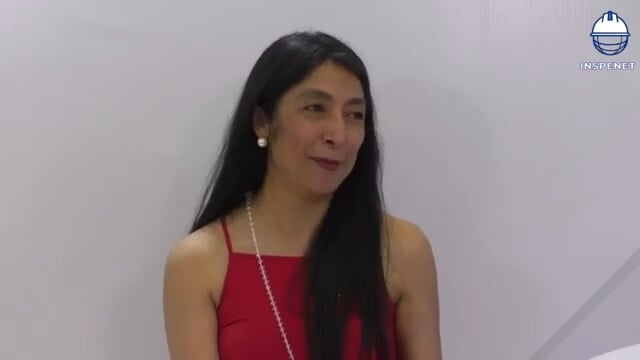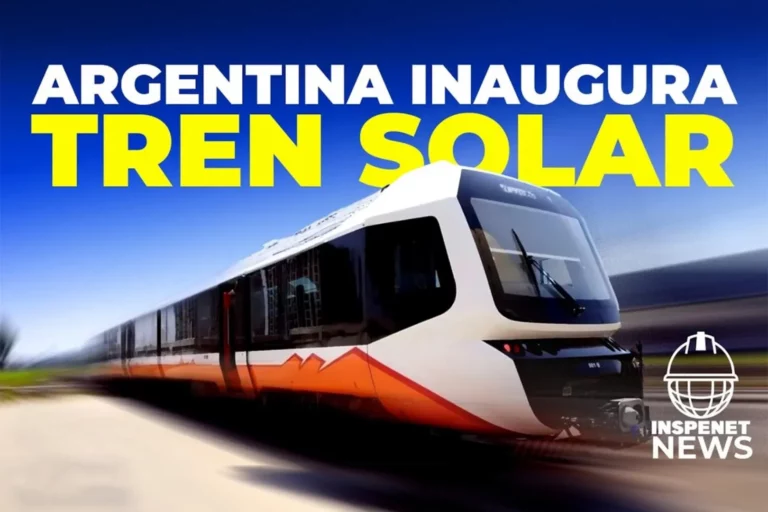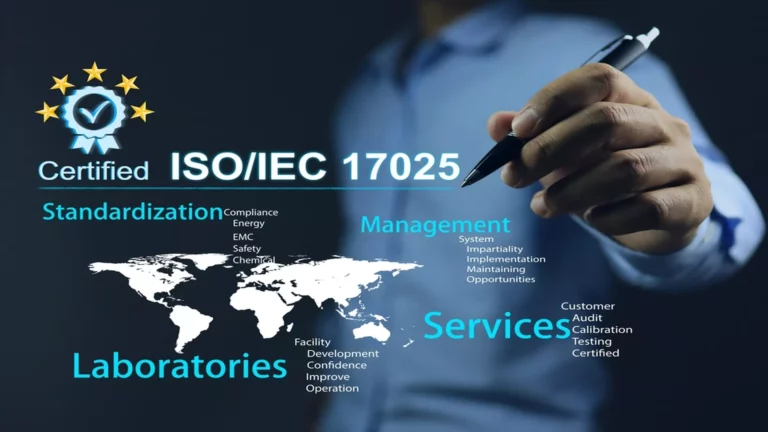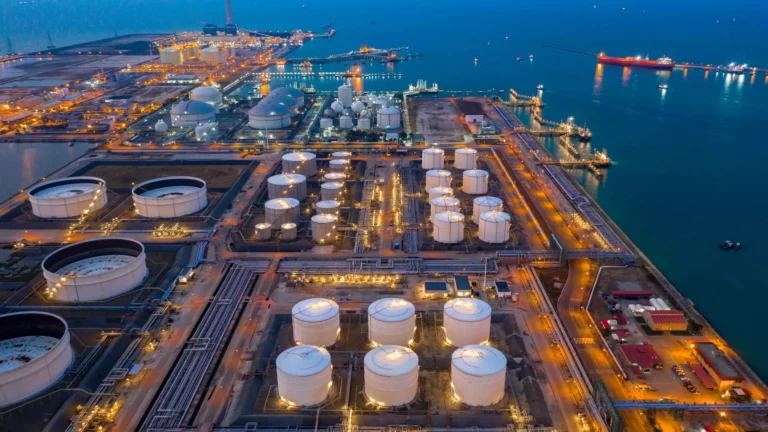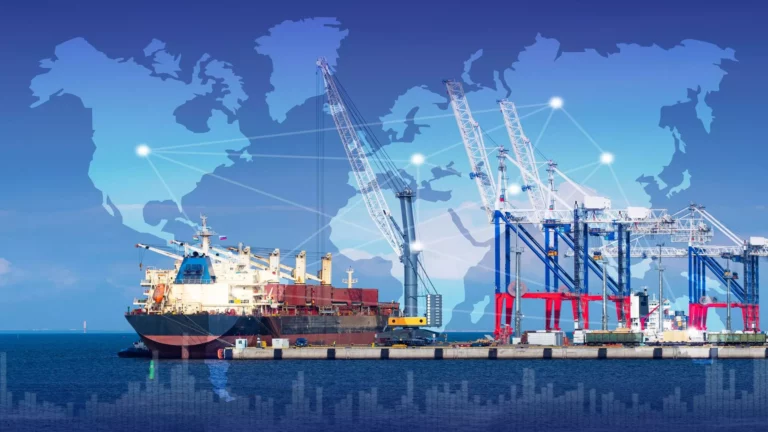Author: Ing. Mayuly Rodríguez, September 14, 2023.
Introduction
Technological and methodological advances have generated a radical transformation in the maintenance industry. Although Reliability Centered Maintenance (CCM) has been a fundamental pillar in this sector, continuous learning in CCM has become an important component, due to continuous advances in this field.
Those professionals who have adopted a proactive stance towards constant updating are today leading the change and defining the future of MCC. But how can professionals stay up to date in an area as specialized as MCC? Below are some knowledge updating and continuous learning tactics that are necessary to adapt and progress in the industrial maintenance environment.
Modeling organizational management and professional development
Reliability Centered Maintenance is a methodology that goes beyond the simple action of repairing or maintaining equipment. It is a comprehensive approach that seeks to understand how systems and equipment work, how they can fail, and what to do to ensure they remain reliable and efficient throughout their operational life. Adopting this methodology not only improves operational efficiency, but also translates into significant long-term savings for companies.
This methodology is highly recognized and widely used by large industrial and service organizations around the world. Its versatility lies in its adaptability to various application methodologies, allowing it to be perfectly integrated with traditional maintenance strategies, such as predictive, preventive and reactive.
Professionals specialized in this discipline require training in the various competent areas. When a company incorporates this methodology in its maintenance management, it not only invests valuable resources in advanced technology, but also prioritizes the hiring of personnel with high capacity and experience. . This combination is important in determining the success of MCC implementation and sustainability.
Benefits of continuous learning at MCC
Continuous learning is one of the basic needs of every human being, and in the area of maintenance, it offers a series of benefits for both professionals and organizations. Some of these benefits include:
- Competitive advantage: Organizations with well-trained MCC teams are positioned favorably in the market, as they offer a much more reliable and efficient service. Being trained on the latest trends allows you to provide effective solutions, thus differentiating yourself from your competitors and generating greater trust among your clients.
- Greater operational reliability: When MCC professionals master and implement the latest trends and best practices , they are able to proactively identify and address problems, leading to greater operational reliability of systems.
- Lower maintenance cost: The correct application of technical and digital tools on maintenance focused on reliability significantly reduces maintenance costs due to unforeseen failures, thus improving the company’s profitability.
- Regulatory compliance: For specialists in this field, keeping up to date with changes and updates in regulations and standards is essential. This guarantees that operations are carried out within the legal framework, preventing possible sanctions.
Continuous Learning at MCC: A Culture Fundamental to Success
Trends in these methodologies are constantly changing, making continuous training more necessary than ever. To keep up with these and other trends, professionals must cultivate an attitude of constant learning. Which implies:
- Continuous training: It is no longer enough to have a certification or a degree, it is necessary to dedicate time and resources to participate in specialized training such as courses, workshops, seminars or diplomas, whether online or in person, to learn and regularly update on the latest methodologies and technologies.
- Contact networks: Being part of professional associations or interest groups, which are made up of CCM experts, allows you to share experiences, acquire practical knowledge and learn about the best practice experiences of colleagues.
- Study cases of success (and failure): Analyzing real situations, investigating and learning from them, whether positive or negative, offers an invaluable perspective for any specialist, because it demonstrates interest in seeking the best solution and learning from experiences.
- Adaptability mentality: Beyond the technical skills displayed by specialists, the ability to adapt to new situations, learn from mistakes and constantly look for ways to improve is what will define the leaders in the MCC of the future.
- Adoption of emerging technologies: In the future, maintenance will be driven by new technologies and others that are not yet fully developed. Being open and prepared to adopt these tools will be essential to staying relevant.
- Adaptability to change: Today’s best practices may become obsolete tomorrow. The willingness to adapt and evolve is one of the greatest qualities in any contemporary professional.
Current trends: Beyond theory
Although the theoretical bases of Reliability Centered Maintenance (CCM) have remained consistent, the practical application has evolved significantly with the incorporation of new technologies and methodologies. Understand the current trends that are redefining this tool and taking it beyond theoretical concepts. Below are certain aspects that are setting the tone:
- Predictive and proactive technologies: It is based on tools that allow us to anticipate and prevent failures before they occur. In this context, analytical solutions and artificial intelligence are at the service of this type of maintenance, allowing professionals to anticipate problems, optimizing resources. and reducing costs.
- Energy efficiency: Energy efficiency training is not simply a passing trend. Professionals seeking to be leaders in their field must thoroughly understand how their reliable maintenance efforts contribute to optimizing the energy consumption of the equipment and systems they oversee.
- Data privacy and security: With the digitalization of many industrial processes, a parallel challenge has emerged, guaranteeing the privacy and security of the data collected. It is not enough to be experts in MCC; It is also necessary to understand how to protect the information obtained from mostly high-impact equipment and systems. Courses, workshops and certifications in information security become a basic resource for professionals in the digital age.
- Autonomous maintenance techniques: Driven by the concept of Industry 4.0, these techniques involve training operators to perform basic maintenance tasks, freeing teams to focus on more complex problems.
- Analytical solutions: Applies to practically all sectors, and industrial maintenance is no exception. The modern MCC must incorporate advanced data analysis techniques to predict failures, schedule maintenance, and optimize operations. Become familiar and knowledgeable with analytical tools, specialized software and, most importantly, learn to correctly interpret data to make informed decisions.
Continuous Learning: Navigating the Digital Age in Reliability
Reliability Centered Maintenance has gone through an evolutionary and adaptive process thanks to the incursion of innovative technologies. Specialists trained in MCC need to understand these technologies and master them, since they are tools developed in order to maximize efficiency and reliability in today’s industrial world.
Each of these technologies has a specific role within the MCC, and their proper implementation is synonymous with safer, more efficient and profitable operations. Below are some of the current technologies that are being applied at the MCC:
- Internet of Things (IoT): IoT sensors have become valuable for monitoring equipment. Connecting devices and machines through the Internet allows data to be collected in real time. Sensors connected to equipment send constant information to centralized systems, providing details of the current status and potential problems. It is essential for operators in MCC to understand this connectivity and apply it to the maximum.
- Artificial Intelligence (AI) and Machine Learning: In the context of MCC, AI and Machine Learning offer predictions about the wear and potential failure of systems and equipment. Professionals trained in these technologies are trained to schedule maintenance optimally, minimizing interruptions and maximizing the useful life of assets.
- Digital twins: They emerge as a progress tool and are essential for simulations of different scenarios. They act as virtual replicas of processes, systems and physical assets, which monitor and analyze in detail the behavior of the equipment, where specialists determine the precise moment and the best maintenance strategies without affecting the real equipment.
- Augmented Reality (AR): Being trained in this technological resource transforms the process and execution of this maintenance tool. Technicians can see problems and solutions superimposed on real equipment, speeding up repairs and ensuring more precise interventions.
- CMMS : They are computer-assisted maintenance management software, called the backbone of various departments, they have functionalities capable of supporting the team of experts during the analysis phases and then delivering the interventions to be carried out to the technical maintenance team, through a perfectly adapted planning. Advanced knowledge in CMMS allows specialists in this area to respond immediately.
- Vibration analysis: MCC experts equipped with advanced sensors can detect minute anomalies, allowing precise interventions before they become dangerous and costly problems.
- SCADA Systems: These are control and data acquisition systems that allow reliability-focused maintenance specialists to obtain a centralized view of equipment in multiple locations, facilitating a rapid response to any anomaly detected.
- Blockchain: Although it is better known in other areas. It is also used to guarantee the integrity and authenticity of the collected data, especially in systems where the security and transparency of the information are critical.
In the field, knowledge and mastery of new technologies entails The ability to make decisions based on real-time data and anticipate potential problems is invaluable in modern industry, reducing costs and improving the efficiency and useful life of products. equipment. Adaptability and constant technical updating are necessary to remain relevant and effective in the digital technological environment.
Conclusion
In the maintenance industry, especially in Reliability Centered Maintenance (RCM), continuous learning is an important requirement due to constant technological advancement. Professionals in this field must delve into new techniques to stay updated and make the most of innovations; Which not only strengthens its position in the market, but also drives more efficient and secure operations. Adaptability and a willingness to constantly learn will be key for leaders at MCC in the future.
References
Own source


